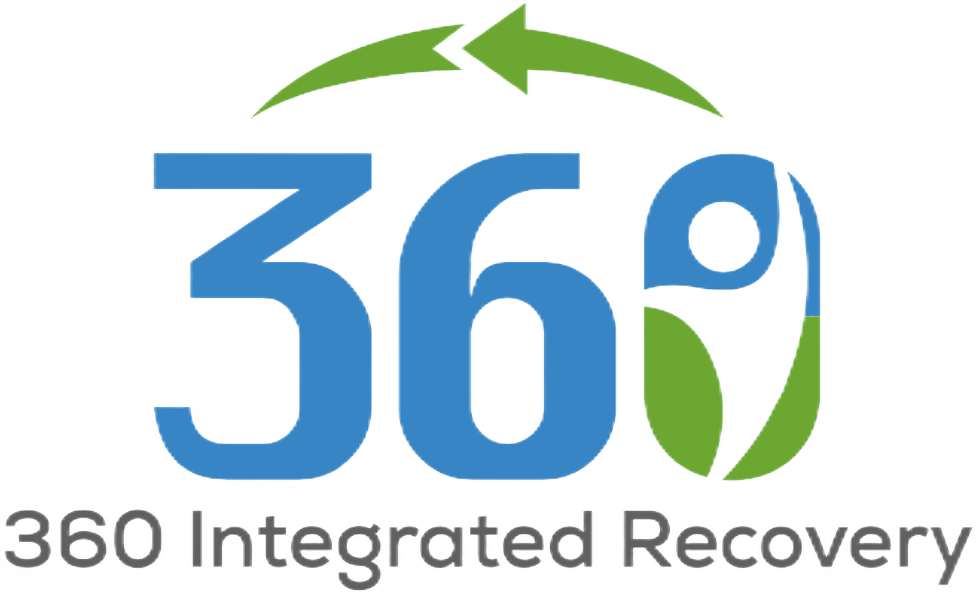The interplay between mental health disorders often remains obscured in the shadows of healthcare discussions. Among these complex connections, the link between eating disorders and substance abuse warrants particular attention. Recognizing this connection can greatly enhance the understanding and treatment of these intertwined conditions.
The Overlap Between Food and Addiction
Eating disorders and substance abuse disorders often co-occur. Research suggests that individuals with eating disorders are up to five times more likely to abuse alcohol or illicit drugs, and those with substance abuse disorders are up to 11 times more likely to have eating disorders. This overlap points to a shared vulnerability and possible mutual influence.
Understanding the Connection
Several theories attempt to explain the connection between eating disorders and substance abuse.
Control and Coping Mechanism:
Both eating disorders and substance abuse can be seen as unhealthy coping mechanisms for managing stress, anxiety, or trauma. They can provide a perceived sense of control in times of emotional turmoil.
Genetic and Environmental Factors:
Both conditions share common risk factors, including genetic predisposition, environmental influences, and personality traits such as impulsivity and perfectionism.
Body Image and Weight Control:
For some, substances are used as a means to control weight or appetite, a behavior often linked with eating disorders. Conversely, the misuse of substances can lead to disordered eating patterns.
Treatment Challenges and Solutions
Co-occurring eating disorders and substance abuse present unique treatment challenges, primarily because they amplify each other’s risks and complications. Therefore, integrated treatment that addresses both disorders simultaneously is often the most effective approach.
Treatment facilities like 360 Integrated Recovery understand the importance of this comprehensive approach. They offer programs that address both disorders concurrently, treating the individual as a whole rather than separate conditions.
The Role of Family and Community
Family and community play an essential role in addressing these interconnected disorders. Creating a supportive, non-judgmental environment is crucial, as is education about the nature of these disorders and their overlap. This understanding can help families provide effective support and encourage loved ones to seek and stick with treatment.
Final Thoughts
The connection between eating disorders and substance abuse underscores the importance of viewing mental health through an integrated lens. It’s not enough to treat these disorders in isolation. By acknowledging and understanding their interrelation, treatment can be tailored to address the complexity of these conditions in a comprehensive manner.
Facilities like 360 Integrated Recovery are leading the way in this approach, offering hope for individuals and their families on the path to recovery. By recognizing and addressing the unseen connections in mental health, we can pave the way towards more effective treatments and better outcomes for those struggling with these challenges.




